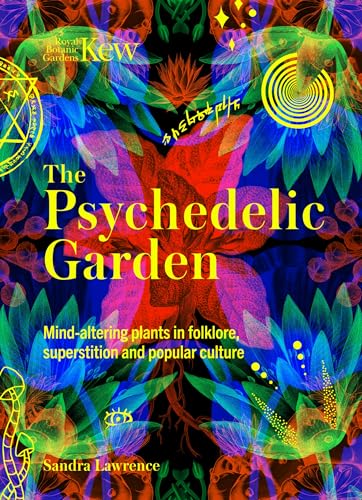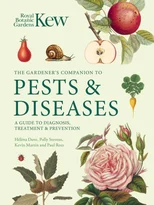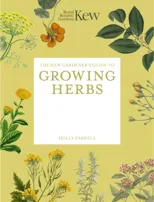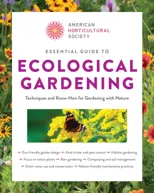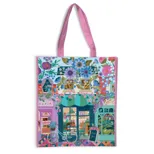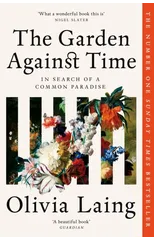Kew
The Psychedelic Garden : Mind-altering plants in folklore, superstition and popular culture
(Autor) Royal Botanic Gardens Kew Sandra LawrenceThe ancient Aztecs, the cannabis-smoking farmers of Neolithic China and the Woodstock hippies. Psychoactive plants have been used by different cultures for thousands of years for everything from shamanic rituals to staying awake. From the Royal Botanic Gardens, Kew and Sandra Lawrence, Psychedelics is a fascinating exploration of the mind-altering plants that for centuries have helped shape the way we see the world. Packed with expert text and stunning botanical illustrations from the Kew archive, this book delves into the folklore, cultural relevance and botanical background of remarkable plants that have long been leveraged to hallucinogenic effect. A gorgeous gifty package, this book is both a beautifully illustrated botanical history and quirky cultural reference for plant lovers everywhere.
Royal Botanic Gardens Kew
Royal Botanic Gardens Kew is a renowned botanical research institution in London. Their most famous work includes the preservation and study of over 8.5 million plant and fungal specimens. Their contributions to literature include extensive publications on plant taxonomy, biodiversity, and conservation, shaping the field of botany worldwide.
Sandra Lawrence
Sandra Lawrence is an accomplished author known for her engaging storytelling and vivid imagery. She has written numerous children's books, focusing on historical events and figures, myths, and legends. Lawrence's works are praised for their accessibility and ability to captivate young readers.
One of her most famous works is "Greek Myths for Young Children," which introduces children to the fascinating world of Greek mythology in a simple and engaging manner. Lawrence's contributions to children's literature have helped make complex subjects more understandable and enjoyable for young readers. Her works continue to have a lasting impact on the literary genre, inspiring a love for history and mythology in children around the world.
